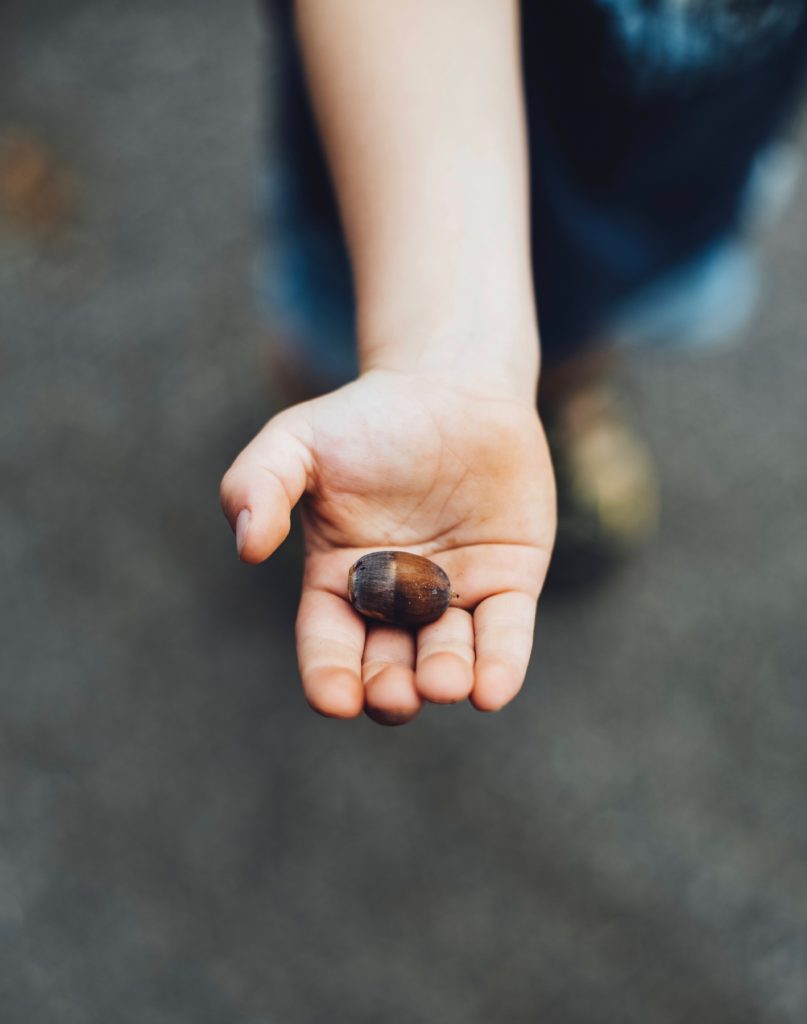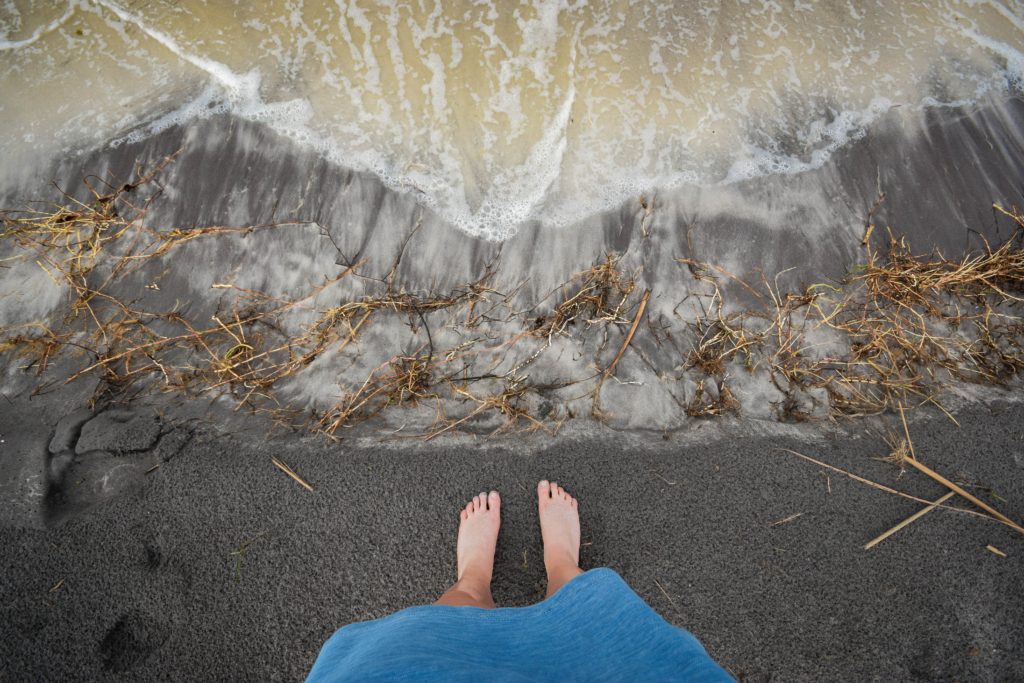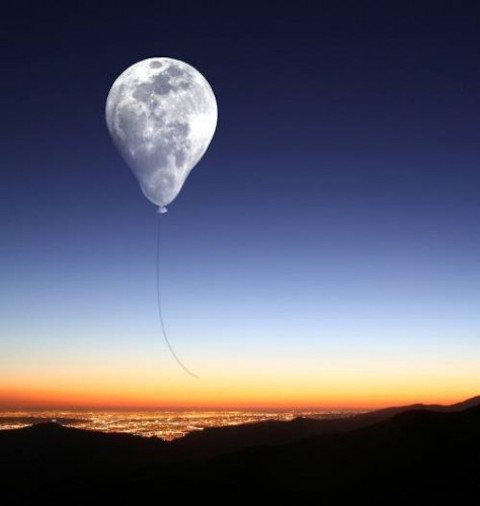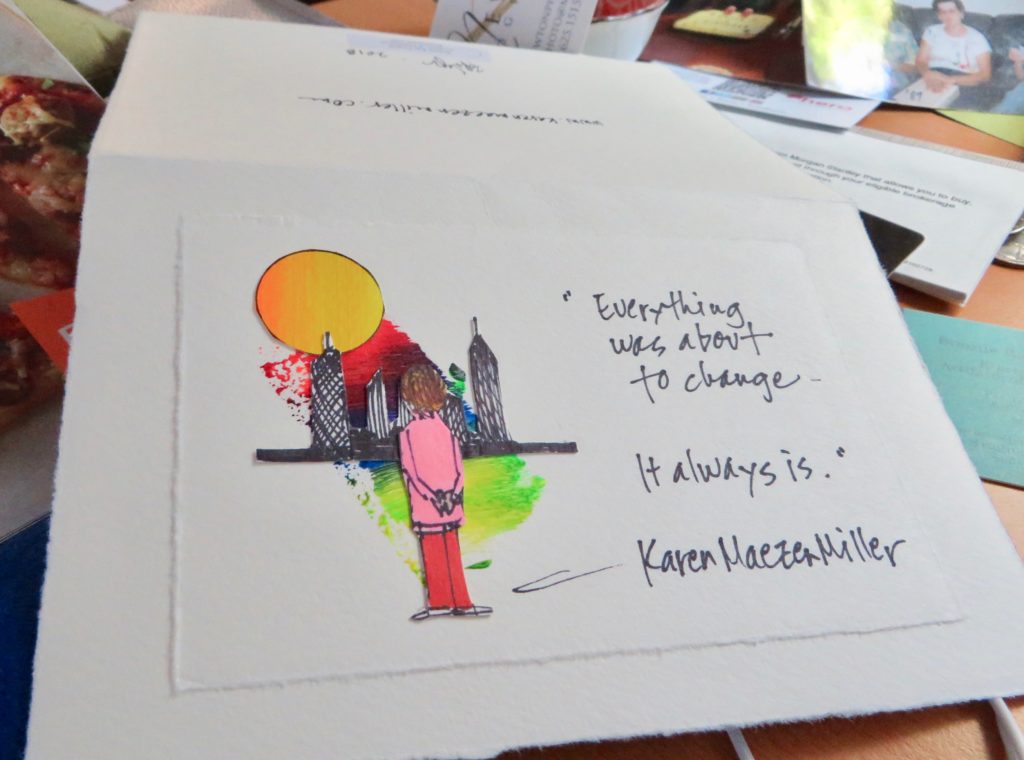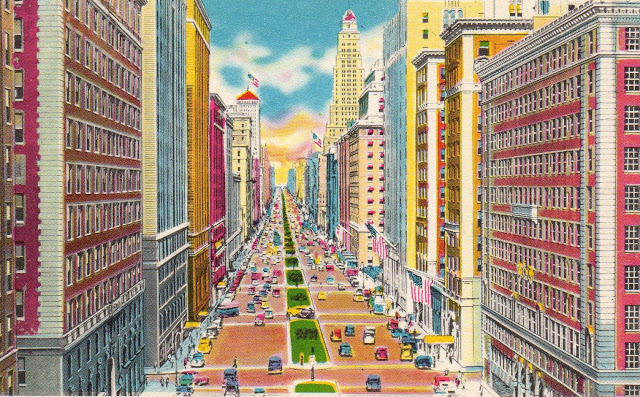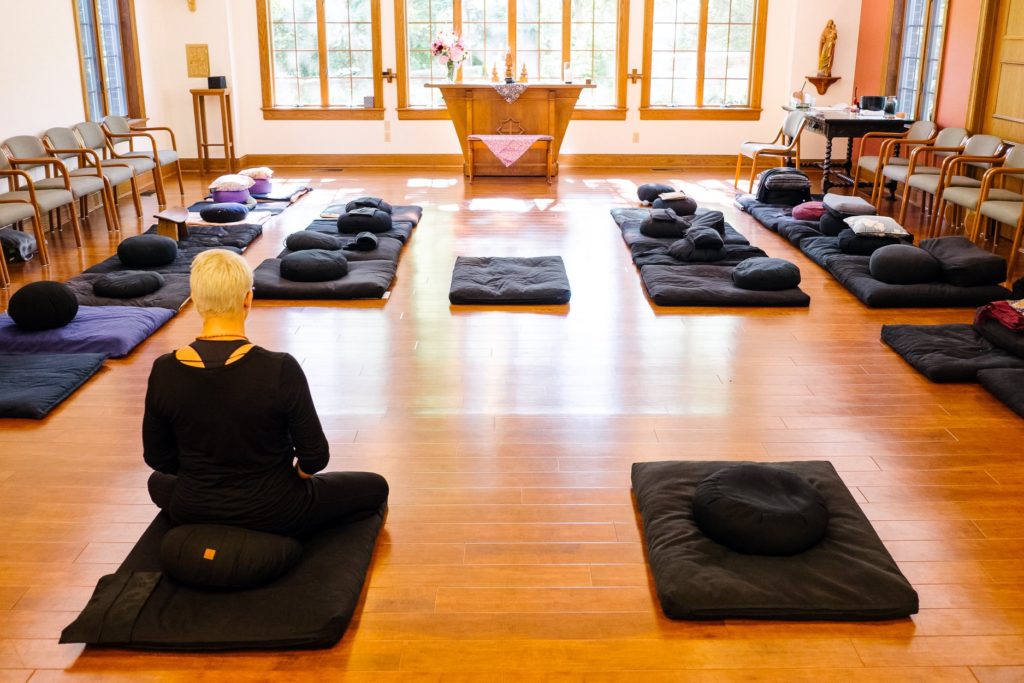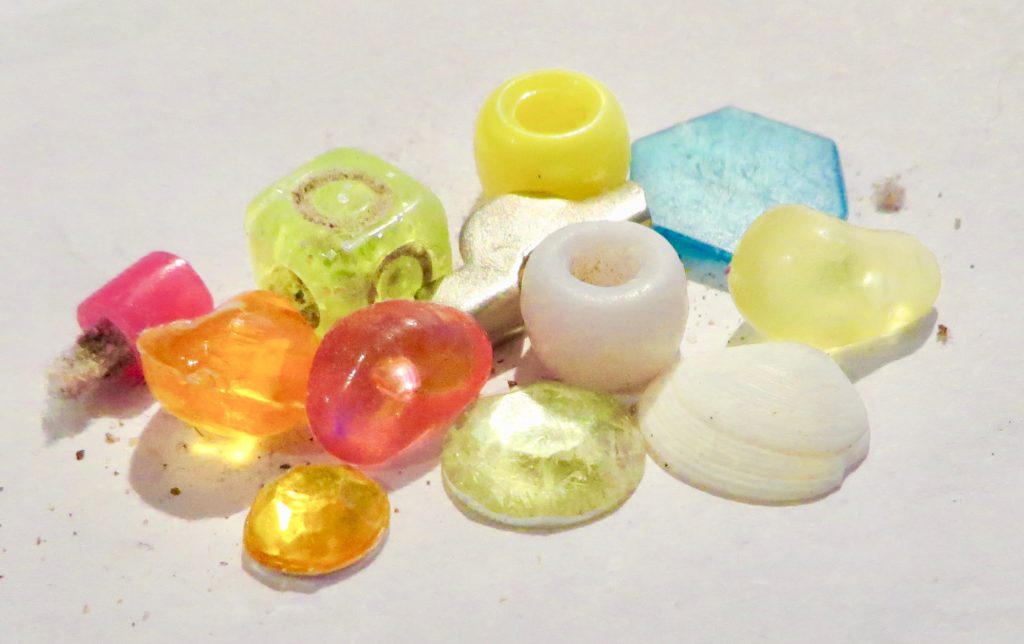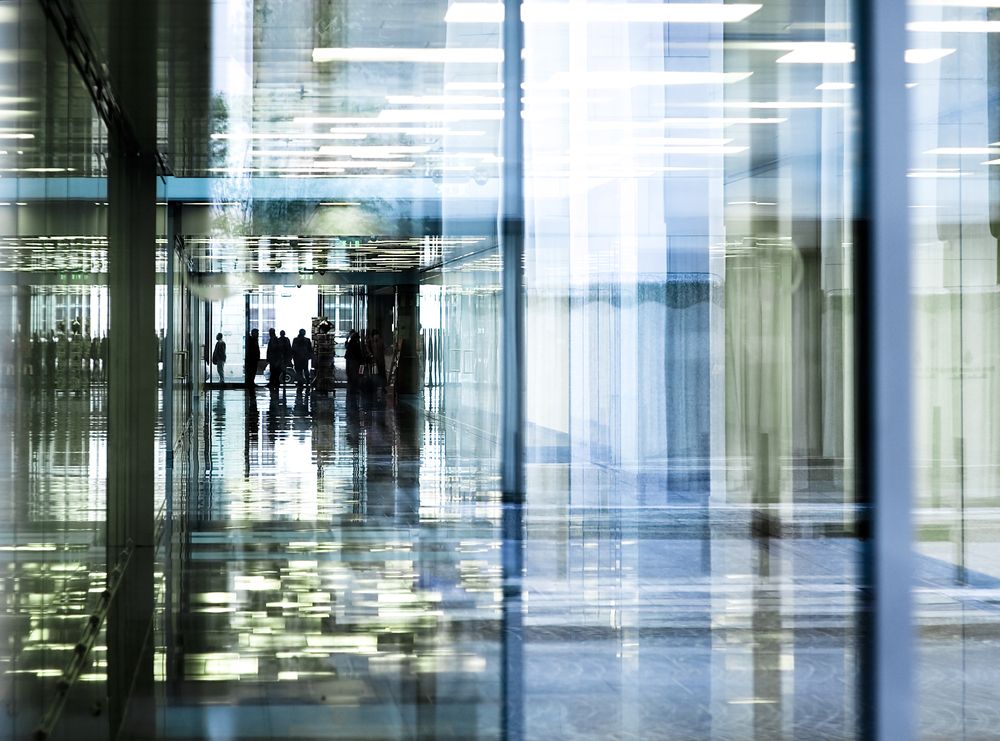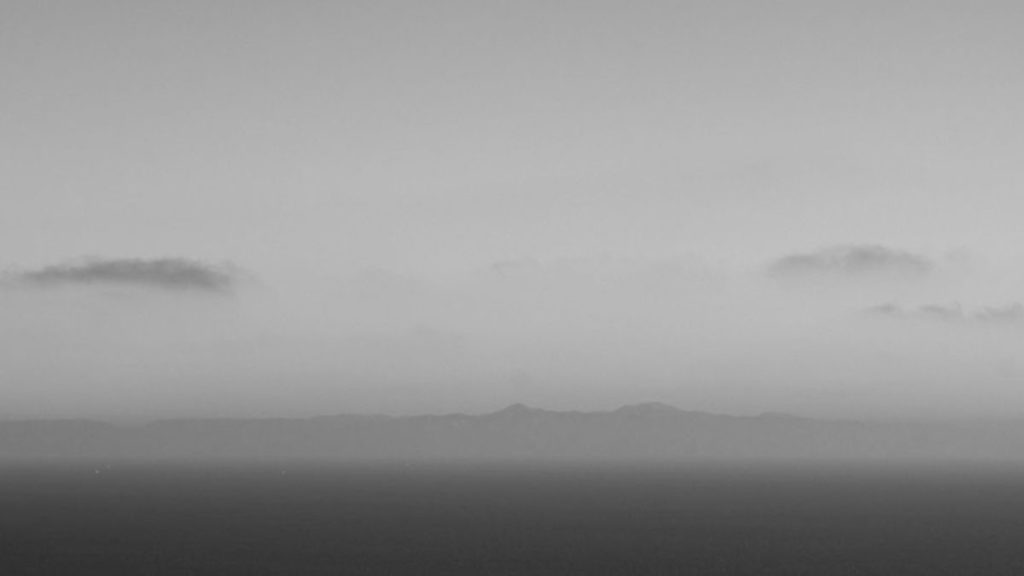
We have more money and more brains and better houses and apartments and nicer boats. We are smarter than they are. We are the elite. — Trump in Fargo ND, June 27, 2018
In the light of an early morning last week, I was on a 58-foot boat motoring the 22 miles to Catalina Island off the coast of Southern California. The sky was gray, the clouds were low and the water, smooth. We hadn’t seen much—a handful of seals, a scattering of water birds, and nothing at all on the horizon—when the island suddenly penetrated the mist.
“It always comes out of nowhere,” the captain said.
I’d never been to Catalina, although I’d long heard that there wasn’t much there. As soon as the clouds lifted we set off walking. To my mind, the only way to get to know a place is on foot. A mile-and-a-half stroll across the tiny harbor town takes you a century back in time to the island’s brief heyday, when a chewing-gum magnate bought the whole of it and vowed it would never leave his hands. Mr. Wrigley aimed to turn his investment into “the people’s island,” a tourist mecca to be known all over the world.
It didn’t take me long to reconstruct what happened instead. The Wrigleys built their mountaintop home here 1921, their son’s mansion in 1927, the country club in 1928 and the Casino boasting “the world’s largest circular ballroom,” in May 1929. Yes, that 1929. In the long and great aftermath, who would dare to boast? The island was closed to visitors during WWII. Big bands died, and with it, ballroom dancing. Commercial air travel would soon make far more exotic locales accessible to tourists. Dreams disappeared like mist.
Decades later the island remains what it has always been, a lovely little spot to see the endless wash of wind and waves, which leave their mark without a word.
Can anything be imagined so ridiculous, that this miserable and wretched creature [man], who is not so much as master of himself, but subject to the injuries of all things, should call himself master and emperor of the world, of which he has not power to know the least part, much less to command the whole? — Michel de Montaigne
This sad week has felt, politically speaking, as if nothing will ever change, that the deck is stacked, the course is set and the outcome is irreversible. The vain and vile talk of “more money, more brains, and nicer boats” recalled, for me, the nicest boat of all, the world’s largest ocean liner, built by the richest men with the biggest blindest egos and ambitions, a vessel that nonetheless took only 2 hours and 40 minutes to submerge completely under the North Atlantic and a scant 5 minutes more to reach the ocean floor. All because something always comes out of nowhere, and things really do change overnight.
Photo by Matthew Johnson

